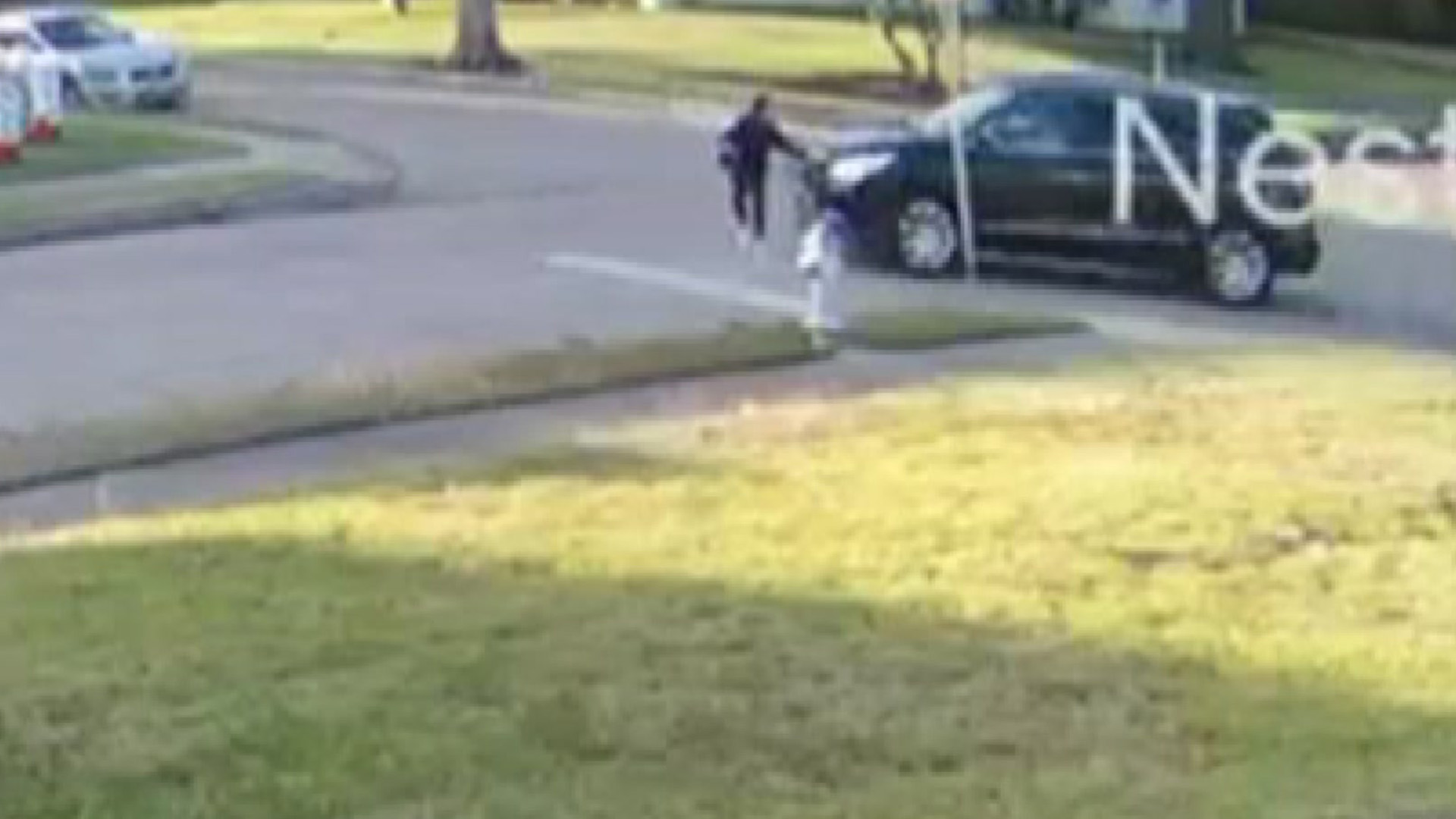A draft opinion suggesting the U.S. Supreme Court could be poised to overturn a landmark decision legalizing abortion is not final, but legal experts say it is an “indicator” of what direction may be taken.
“It’s part of a much more complicated work in progress which is why it’s a little misleading to try to make more out of it than what it is,” Dallas attorney David Coale said. “Where the court goes from here is a little bit of a mystery, because the court has never had to deal with this problem of a leak of an opinion.”
On Tuesday, Chief Justice John Roberts confirmed the authenticity of a draft first reported by Politico on Monday. An investigation has been ordered into the leak, Chief Justice Roberts said.
Coale, who specializes in appellate law, described the leak as “astonishing.”
Get top local stories in DFW delivered to you every morning. >Sign up for NBC DFW's News Headlines newsletter.
“Nothing like this has ever happened in the Supreme Court of the U.S. to anyone’s recollection,” he told NBC 5 Tuesday. “It’s a major breach of the court’s customary confidentiality protections. It goes against what it means to be a court. This is so inconsistent with the court’s rules and what the court does, that it’s just shocking to people that practice in the area of appellate law. It’s inconceivable.”
The ongoing legal discussion stems from the Dobbs v. Jackson Women’s Health Organization case challenging Mississippi’s ban on abortion after 15 weeks. Legal experts initially expected a ruling to be released in June or July.
“It seemed likely then and still seems likely that the target date was right at the end of the term. The court’s term ends in June sometime. Historically, the most difficult and high profile cases tends to wait for the end because they’re the hardest to put together,” Coale said. “We’ll see how that goes. The court of public opinion has kicked in now, and that’s not something the Supreme Court normally deals with when they’re in the middle of drafting process.”
Local
The latest news from around North Texas.
Kimi King, a professor of political science at the University of North Texas in Denton, said challenges to abortion access have been ongoing for decades.
The 1973 case created a “trimester” system which gave women the right to an abortion in the first months of pregnancy and allows some government regulation in the second trimester. After the second trimester, abortions can be regulated or outlawed “in the interest of the potential life except when necessary to preserve the life or health of the mother”, according to Legal Information Institute at Cornell Law School.
“Since Roe v. Wade, people wanted to cut into that ‘trimester’ framework. It’s cutting into that trimester framework that is the real reason why we are here today,” King said. “This has been coming for a long time. In my generation, we heard that it was going to be overturned in 1980 and then again in 1989 with Webster. Then in 1992 with Casey.”
The 1992 decision King referred to, known as Planned Parenthood v. Casey, protected abortion services while allowing states to add limitations.
“There’s an infamous concurring opinion out of Justice Scalia, the late Justice Scalia…who argues make no mistake about it…what the majority is doing here today is getting ready to overrule Roe v. Wade,” King said. “Once we decide there is nothing sacred about the trimester framework, once we decide we can cut into that, it will allow us to back in time regarding the right to life.”
If Roe v. Wade is overturned, Coale said the providing of abortions will once again become a criminal offense in Texas due to the “trigger law” which was signed into law by Gov. Greg Abbott.
“It says that within 30 days of any opinion by the Supreme Court reversing Roe, a series of other laws will become effective. Among them, are laws that impose pretty significant criminal and civil penalties for providing an abortion. Additionally, a second source of law is the laws that were in existence at the time of Roe. Remember, Roe v. Wade came out of Texas. Henry Wade was the DA of Dallas County,” he said. “One way or another, either through the Trigger statute that kicks in 30 days after reversing Roe or by operation of law because the old laws come back to life again, abortion will become criminal in Texas and it will look a lot like the world did before Roe v. Wade did in 1973.”
The court is expected to rule on the Mississippi case before its term ends in late June or early July.



